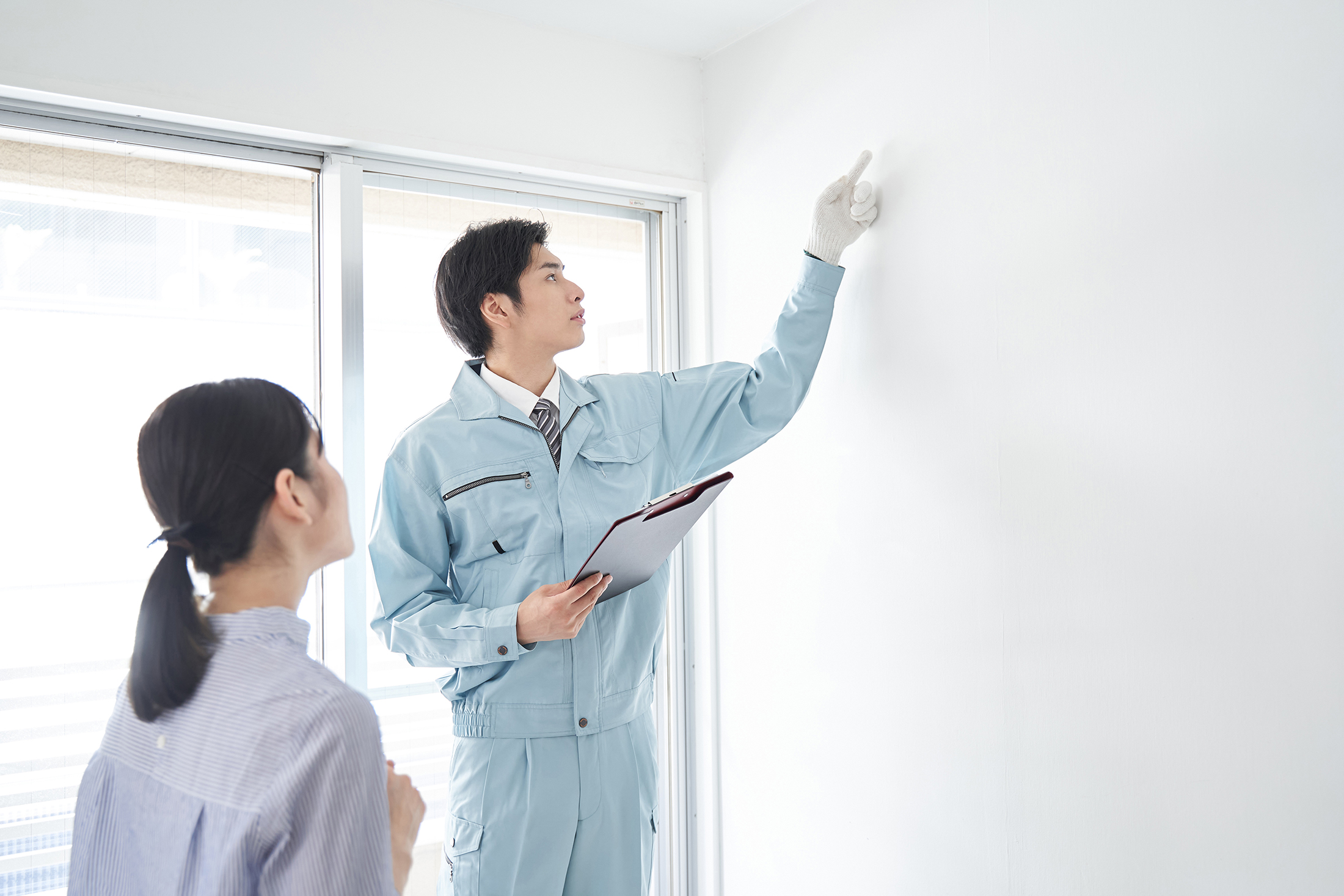Categories
Real EstatePublished May 8, 2025
How Long Does a House Inspection Take?

If you’re buying a home, the home inspection is one of the most crucial steps in the process. It gives you a clearer picture of the property’s condition, can affect price negotiations, and might even influence whether you move forward with the purchase at all. One of the most common questions from homebuyers is: How long does a house inspection take?
The short answer: Most home inspections take between 2 and 4 hours. But that’s just the beginning. The length of a home inspection depends on a variety of factors, including the size of the home, the age of the property, the condition it’s in, and how thorough the inspector is.
Let’s dive deeper into what determines the duration of a home inspection, what happens during the process, and what you should expect as a buyer.
What Is a Home Inspection?
A home inspection is a visual assessment of a property’s condition, usually performed after a purchase agreement has been signed but before closing. The inspector evaluates key systems in the house—including the roof, HVAC, plumbing, electrical, foundation, and overall structural integrity. The goal is to identify any existing issues or future concerns that might affect the value or safety of the home.
This is different from an appraisal, which determines the value of the home for the lender. The inspection is for you, the buyer.
Average Duration: 2 to 4 Hours
The standard home inspection typically takes 2 to 4 hours to complete. Here’s a general breakdown:
| Home Size | Estimated Time |
|---|---|
| Under 1,500 sq. ft. | 1.5 to 2 hours |
| 1,500–2,500 sq. ft. | 2 to 3 hours |
| Over 2,500 sq. ft. | 3 to 4+ hours |
If the property is particularly large, has multiple outbuildings, or includes features like a pool or septic system, it may take longer.
What Affects Inspection Time?
Several key factors can influence how long your inspection will take:
1. Square Footage
The most obvious factor is the size of the home. A 4-bedroom, 3,000-square-foot home simply takes more time to inspect than a 2-bedroom condo. More rooms, more bathrooms, and larger systems equal more time.
2. Age of the Property
Older homes often take longer to inspect. Not only do they typically have more wear and tear, but they might also have outdated systems that require closer examination. Inspectors may take more time identifying materials like knob-and-tube wiring or outdated plumbing.
3. Condition of the Home
A well-maintained home with clear access to all major systems will be faster to inspect than one that’s cluttered or in disrepair. If an inspector encounters multiple issues, they’ll need to take extra time documenting and photographing concerns for the final report.
4. Presence of Add-Ons
Does the property have a detached garage, finished basement, attic space, or crawlspace? These features add time. If there’s a pool, well, or septic system, those may require specialized inspections that can extend the process.
5. Inspector’s Methodology
Not all inspectors work at the same pace. A more experienced or thorough inspector may take additional time to ensure nothing is overlooked. That’s a good thing—it may add time upfront but save you money and stress later.
What Happens During the Inspection?
The inspector will follow a checklist that typically includes:
-
Roof and attic
-
Foundation and basement
-
Plumbing systems
-
Electrical systems
-
Heating and cooling systems
-
Appliances
-
Doors and windows
-
Insulation and ventilation
-
Exterior (siding, gutters, drainage)
Many inspectors encourage the buyer to attend the inspection, especially during the final walkthrough. This allows you to ask questions in real-time and better understand any issues that arise.
What Happens After the Inspection?
Once the inspection is complete, the inspector will prepare a detailed written report—typically delivered within 24–48 hours. The report outlines their findings, often including:
-
Descriptions of systems and materials
-
Photos of any problem areas
-
Priority levels for repairs (e.g., minor vs. critical)
-
Recommendations for further evaluation (e.g., structural engineer)
This report becomes an important tool for negotiation. If major issues are uncovered, you may decide to request repairs, ask for a price reduction, or even back out of the sale depending on your contract terms.
Should You Stay for the Whole Inspection?
If possible, yes—but at the very least, try to be there toward the end. Many inspectors prefer to work uninterrupted, especially when they’re taking measurements or navigating tight spaces. However, being present allows you to see issues firsthand and understand their context, rather than just reading about them later.
How to Prepare for a Smooth and Efficient Inspection
To ensure the process moves along efficiently:
For Buyers:
-
Be on time if attending.
-
Bring a notepad for questions.
-
Let the inspector do their job—don’t try to rush them.
For Sellers:
-
Make sure utilities are on.
-
Clear access to attic, basement, and garage.
-
Unlock sheds, outbuildings, or crawlspaces.
-
Remove clutter around electrical panels, HVAC systems, and water heaters.
Little things like these can shave significant time off the inspection and prevent delays in your closing timeline.
Final Thoughts: Don’t Rush It
While you may want to get through the inspection quickly to move forward with your purchase, this is one area where thoroughness matters more than speed. A detailed inspection helps protect your investment and could save you thousands in unexpected repairs.
Even though a typical house inspection takes around 2 to 4 hours, the time it saves you in the long run is invaluable.
Additional Resources
-
American Society of Home Inspectors (ASHI) – Find a certified inspector and learn more about what they cover.
-
Consumer Financial Protection Bureau – Insight into the home buying process and inspection requirements.
If you're looking for more real estate tips, check out our post on what real estate agents do and stay up to date with the current home buying process.





